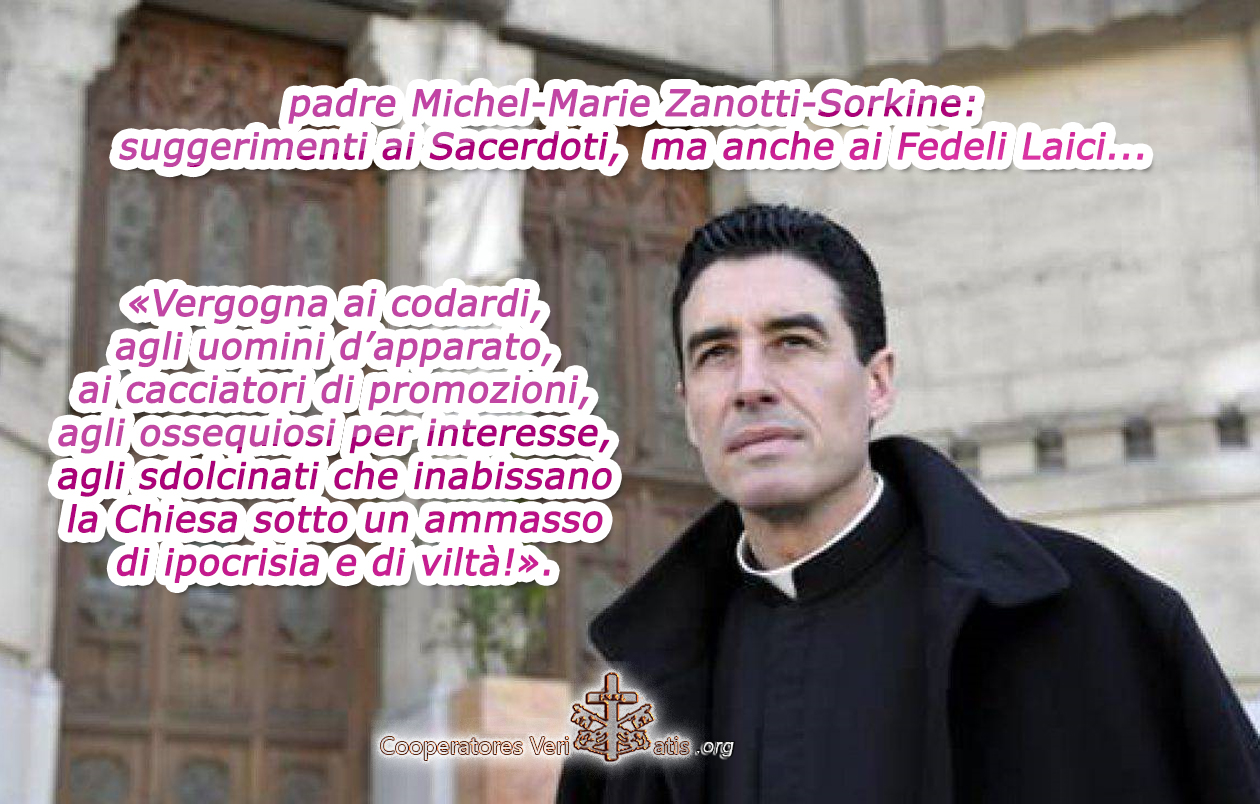Below is the Plinthos translation of an Italian article indicating the salient elements of Joseph Ratzinger's important and renowned June 24, 1959 inaugural lecture upon assuming the Chair of Fundamental Theology at the University of Bonn.
K. Lindner, "Augustinianum," April 1961, 164-165, review of Ratzinger, Joseph, Der Gott des Glaubens und der Gott der Philosophen. Verlag Schnell und Steiner, München, 1960, 35 pages.
“After presenting Saint Thomas’ idea on the question—according to which Christian divine science and philosophical science come together in a harmonious unity—and the teaching of E. Brunner—which rejects any harmonious relationship—the author holds that the existing harmony may be demonstrated; on the one hand, on the part of the teaching of the Greeks with the disagreement between the pagan-religious divine science and philosophical science, and on the other hand, on the part of the harmony between biblical divine science and philosophical science.
“Since the philosophical divine science of the Greeks is monotheistic in its most perfect forms (just as in the last analysis every religious polytheism is reduced more or less to a certain monotheism) and since certain personal qualities of the one true God are not denied, even if the philosophical god is not for them an object of religious worship because this god does not have contact with men; he is outside the world; in a word because he not taken to be ‘invocable.’ For this reason it has recourse, regarding religious worship, to limited considerations regarding the absolute: so that ‘the gods’ which are taken to be ‘invocable’ are not considered real gods even by the greeks. So a curious situation arises: a religious worship (culto) without God and a philosophical divine science without religion. In such a way with the Greeks there is a total separation (even if not entirely fundamental) between religious divine science and philosophical divine science.
“While the Hellenic culture did not succeed in achieving the synthesis between religious divine science and philosophical science, the Fathers of the Church have indicated (although not always with critical judgment) the existence of a close relationship between biblical divine science and Hellenic-philosophical science. They actually made use of Hellenic philosophy to clearly explain the biblical divine science. The God of the Bible is the God who has custody (cura) of the world and of man. He is God the Creator, not the Absolute in the abstract, but in the concrete, which presents himself to men as ‘invocable’ after he first called them and placed himself in the world. The God of the Bible, by numerous attributes, is identified with the god of the Greeks: he is the Eternal One, omnipotent, one, true, good and holy; and even if the biblical expressions do not totally coincide with the teaching of Greek philosophy, still there is something in common: all of the powers of the world point to a unique fundamental and transcendent power: God.
“The possibility of the synthetic vision between Christian divine science and philosophical science is therefor found in the Bible itself. To this synthesis between the religious divine science and philosophical divine science the Hellenic culture could not arrive.
“This booklet undoubtedly gives us an interesting vision of a problem which has been at the center of theological concern already for so many centuries and will keep such and interest even in the future, especially upon the arising of new philosophical and theological systems. Just one observation only. It seems to us that the presentation of the teaching of Saint Thomas on the relation between Christian faith and philosophical divine science is too simplistic. When the author says: ‘...the Christian faith is to philosophical divine science like the beatific vision is to the faith. It is three levels comprising one united, altogether way’...we do not think that Saint Thomas would have been happy with such a formulation of his teaching.”






























